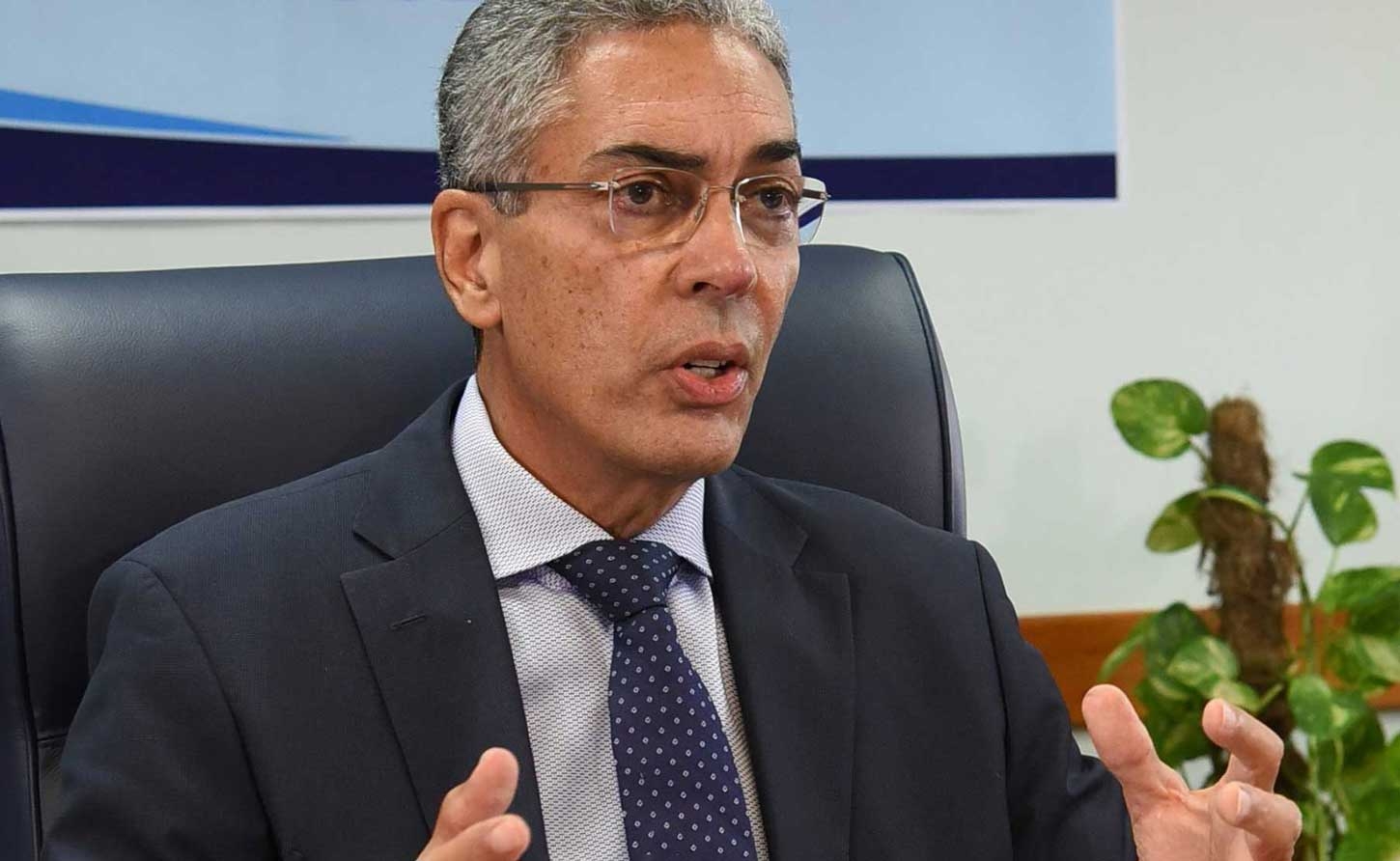JAMAICA | Bank of Jamaica Cuts Interest Rates as US Trade Wars Rattle Global Markets

KINGSTON, Jamaica, May 22, 2025 - The Bank of Jamaica cut its benchmark interest rate by a quarter percentage point yesterday, a defensive move designed to shield the island's economy from the growing turbulence of US trade wars that have sent shockwaves through global markets and left policymakers worldwide scrambling for cover.
Governor Richard Byles announced the unanimous decision to reduce the policy rate from 6.00 to 5.75 percent, even as he painted a sobering picture of an increasingly fractured global economy where "the march of globalisation has generally paused" and higher tariffs appear destined to become the new normal.
The rate cut comes against a backdrop of mounting chaos in international trade relations, with the US administration's aggressive tariff policies triggering retaliatory strikes from major trading partners, particularly China. The fallout has been swift and severe: equity and bond markets have been whipsawed by volatility, commodity prices have tumbled, and American consumer confidence has taken a beating.
"Since our last press conference in February 2025, the US government has been resetting trade relationships with its trading partners," Byles told reporters, his measured tone barely masking the gravity of the situation. What he diplomatically termed a "resetting" reads more like a wholesale dismantling of decades of trade cooperation, with bilateral negotiations between the US and other countries producing outcomes that remain "unknown at present."
Yet Jamaica appears to be threading the needle between global economic storms and domestic stability. Headline inflation held steady at 5.3 percent in April, precisely matching the previous year's figure and remaining comfortably within the central bank's 4-6 percent target range. Core inflation, stripped of volatile food and fuel prices, came in even lower at 4.4 percent.
The exchange rate has shown remarkable resilience, depreciating just 1.9 percent year-over-year as of mid-May. While there was a brief uptick in depreciation pressures between late April and early May, the Bank of Jamaica moved swiftly to augment foreign exchange flows, demonstrating the kind of proactive intervention that has become its hallmark.
The central bank's foreign exchange war chest remains formidable. Gross international reserves stand at $5.9 billion, representing 135 percent of what experts consider adequate coverage. Over the past year, the BOJ sold $1.1 billion through its foreign exchange trading facility while simultaneously purchasing roughly the same amount, a delicate balancing act that has kept the currency stable.
But Byles was quick to temper any optimism with a dose of reality about the road ahead. The domestic economy limped through the March quarter with growth estimated between zero and 1.0 percent, translating to an annual contraction of 0.5 to 1.0 percent for the fiscal year ending March 2025. It's a sobering reminder that Jamaica's economic recovery remains fragile and susceptible to external shocks.
The central bank's projections for the coming fiscal year offer cautious hope, with GDP growth expected to recover to between 1.0 and 3.0 percent as the mining, tourism, and construction sectors normalize. Employment levels are projected to remain elevated, though wage pressures appear to be moderating—a mixed blessing that suggests both economic stability and potential softness in domestic demand.
The external sector presents a more encouraging picture. Jamaica's current account is expected to remain in surplus, and international reserves should continue growing above the 100 percent adequacy benchmark. Some of the island's exports may even benefit from exemptions to baseline US tariffs, potentially providing a silver lining to an otherwise cloudy trade environment.
However, Byles made clear that risks are "skewed to the upside" for inflation, meaning prices could rise faster than anticipated if trade tensions escalate further or if geopolitical conflicts disrupt global supply chains. The central bank stands ready to tighten policy if inflation threatens to breach its target range, while maintaining its arsenal to defend the foreign exchange market should capital flows turn adverse.
The governor's assessment that bilateral tariffs imposed by the US will likely be "materially lower than those announced on the second of April 2025" offers some hope that cooler heads may yet prevail. But his acknowledgment that higher tariffs appear destined to become "part of a new global trading arrangement" suggests that the era of unfettered free trade may be drawing to a close.
For now, Jamaica finds itself in the unusual position of cutting interest rates while much of the world grapples with inflationary pressures and policy uncertainty. It's a calculated gamble that the island's hard-won macroeconomic stability can weather the gathering storm clouds on the global horizon.
Whether that bet pays off may depend less on the Bank of Jamaica's deft policy management and more on how quickly the major economic powers can step back from a trade war that threatens to rewrite the rules of international commerce. In the meantime, Byles and his colleagues at the central bank will be watching nervously as the dominoes continue to fall in the global economy they can influence but cannot control.
-30-
